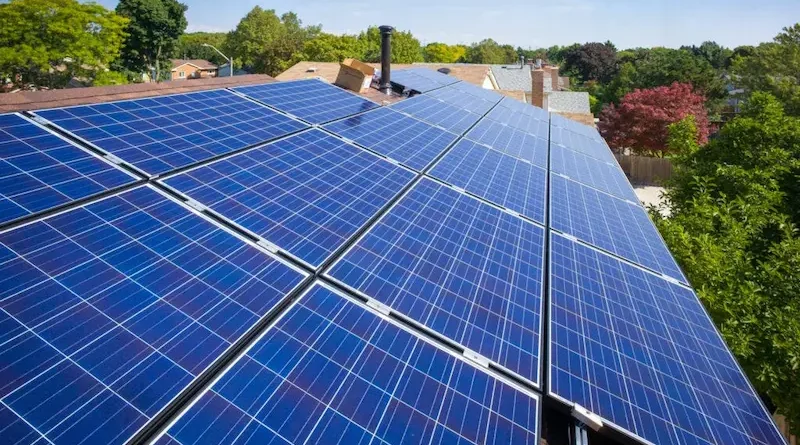Innovative Trends in Commercial Roofing for Energy Efficiency
As sustainability takes center stage, many businesses are rethinking their approach to building maintenance, especially regarding energy use. Commercial roofing has become a critical area for innovation, offering opportunities to reduce energy costs and environmental impact. Today, advanced materials, green roofing solutions, and solar-integrated designs are reshaping the industry, allowing roofs to do much more than provide shelter. Forward-thinking insulation and energy generation options, including roof solar panels, can help businesses achieve sustainability goals, leading to cost savings, reduced carbon footprint, and a more eco-friendly corporate image.
Basics to Energy Efficiency in Commercial Roofing
As businesses become increasingly aware of their environmental footprint, energy efficiency in commercial roofing has moved from a niche option to mainstream consideration. The drive towards sustainable construction practices responds to regulatory pressures and is a strategic choice for long-term cost savings and brand enhancement. Smart roofing solutions reduce energy consumption in buildings, align with economic and environmental objectives, promote modernization, and create a company win-win.
The roofing industry has witnessed remarkable technological advances that make it feasible for businesses to invest in energy-efficient systems. These systems are designed to provide excellent durability and weather resistance while minimizing the demand for heating and cooling. The growing body of research and case studies underscores the effectiveness of these advanced systems in achieving energy savings and aligning with broader environmental goals.
Excellent Roofing Systems: A Breath of Fresh Air
Excellent roofing systems can transform commercial buildings, providing enhanced insulation, improved energy efficiency, and a healthier indoor environment. Modern commercial roofing solutions include cool roofs that reflect sunlight, reducing heat absorption and lowering cooling costs. Green roofing systems with vegetation layers offer natural insulation, improve air quality, and absorb pollutants. Additionally, high-quality ventilation systems integrated into roofing designs ensure that stale air is replaced with fresh, clean air, promoting better air quality for employees and visitors. By choosing advanced roofing solutions, businesses can achieve a “breath of fresh air,” improving comfort and promoting sustainability.
Solar Roofing
Solar roofing uses photovoltaic panels to convert rooftops into renewable energy generators. It offers businesses a cost-effective solution to reduce reliance on non-renewable energy sources and often comes with financial incentives.
The shift towards solar roofing technologies is supported by declining costs of solar components and improvements in storage solutions, making it increasingly viable for commercial applications. Companies leveraging solar roofs can enjoy decreasing energy overheads while enhancing their corporate sustainability profiles, appealing to eco-conscious consumers and stakeholders.
The Impact of Energy-Efficient Roofing on Business Operations
Energy-efficient roofing directly impacts business operations by lowering energy consumption and ensuring a comfortable indoor environment. Consistent indoor temperatures can prevent the need for frequent heating and cooling adjustments, leading to reduced wear and tear on HVAC systems and lower maintenance costs. Improved thermal management enhances employee productivity and creates a healthier and more enjoyable workspace.
The ripple effects of adopting such roofing systems extend beyond immediate operational benefits. Companies with green certifications or those that actively showcase their sustainability efforts can experience enhanced brand perception and loyalty among customers, improving market competitiveness.

